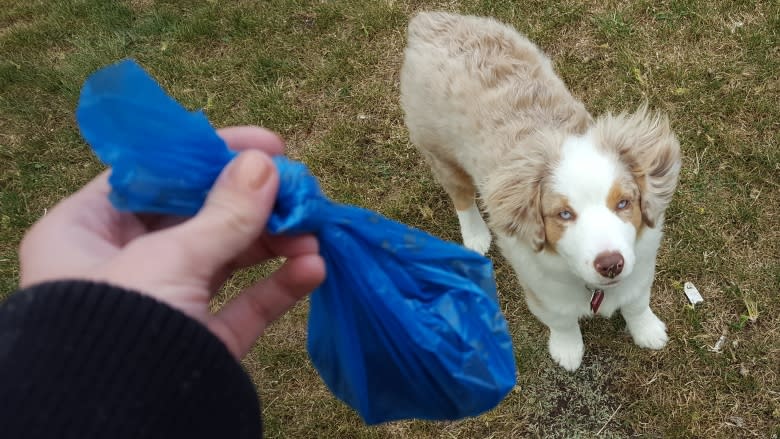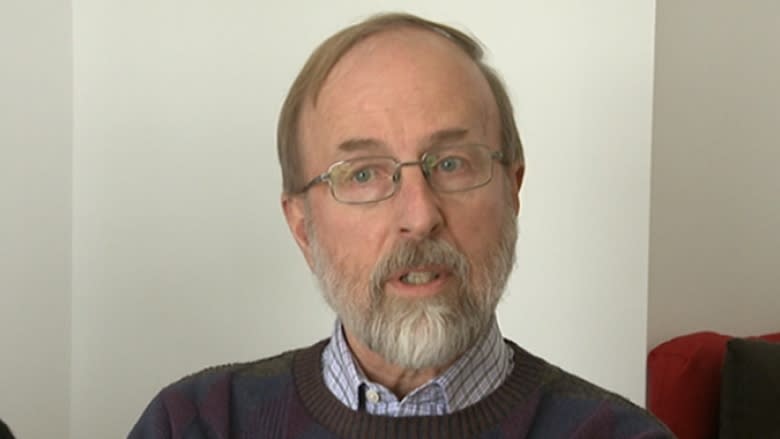Allowing plastic bags, dog waste won't do the job, group says
If the City of Ottawa is serious about wanting more residents to use their green bins, then it needs to make more drastic changes to its waste program than those contained in a report released Monday, according to the group Waste Watch Ottawa (WWO).
Under proposed changes to the city's composting contract with Orgaworld, residents would be allowed to place plastic bags and dog waste in their green bins, beginning in mid-2019.
Coun. David Chernushenko, chair of the city's environment and climate protection committee, told CBC he believes the existing ban on plastic bags has been preventing people from using their green bins.
"We heard over and over from some residents that this was an impediment, an 'ick factor' that was keeping them from doing it," he said.
But WWO spokesperson Duncan Bury said far more needs to be done.
"The fact is, just changing the type of bag liner is not going to get you the big increase in participation you want," Bury said.
Only an estimated 52 per cent of households in Ottawa use a green bin, based on a city waste audit in 2014 and 2015. According to city staff, approximately 60 per cent of household organic waste that could be composted is instead ending up in the city's landfill on Trail Road.
The city has also been struggling to raise its overall waste diversion rate, which sits at around 50 per cent. That means only half of everything placed at the curb including garbage, blue and black boxes, leaf and yard waste, and green bins, is being diverted from the landfill.
Ottawa 'is really way behind'
In order to increase the use of green bins and the overall diversion rate, Bury said Ottawa should take a page from other municipalities that have implemented a "pay-as-you-throw" policy.
The scheme places a strict limit on the amount of waste residents can place at the curb before incurring an additional fee.
Another option, Bury said, is forcing residents to use clear bags for their garbage at the curb, meaning city waste collectors could reject bags that contain recyclable or compostable material.
"Those programs have been used in other cities very successfully," Bury said. "The city is really way behind in thinking of these options."
Bury points to municipalities such as Halifax, N.S., Markham, Ont., and Kawartha Lakes, Ont., as examples. Across the Ottawa River, Gatineau is set to introduce "pay-as-you-throw" in mid-2018, limiting residents to 120 litres of garbage every two weeks.
Consider dog poop digesters
As for allowing dog poop to enter the compost stream, WWO said the city should instead be following the example of Waterloo, Ont., where special digesters are being tested to turn dog waste into energy.
The digesters could be installed in parks popular with dog walkers, and help prevent the ghastly sight and smell of waste bins overflowing with plastic bags containing dog feces.
Ottawa has said it is looking into the digesters, but Bury said the city should install them before allowing dog waste into green bins.
Bury said he is encouraged by Ottawa's intention to renegotiate its composting program with Orgaworld, which forced the city to pay a penalty when it failed to deliver enough organic material.
"It's good the city is addressing this appallingly awful contract and trying to renegotiate it. Hats off to them for doing this," said Bury.
The staff report will be tabled at the March 26 meeting of the city's environment and climate protection committee.



